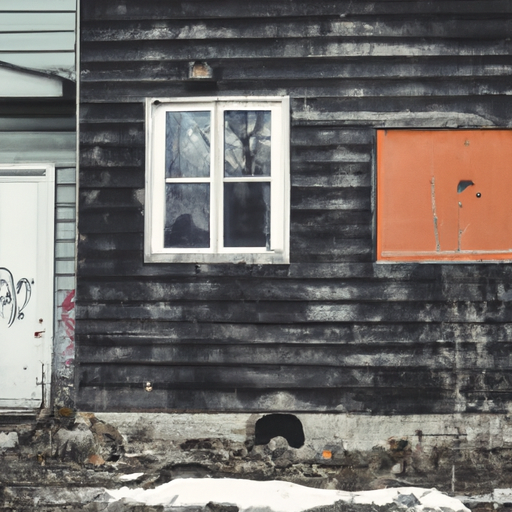Insight into the Canadian Opioid Crisis: Quebec Joins the Class Action Against Opioid Manufacturers
The escalation of the opioid crisis in Canada has sparked a negative impact on people’s lives and livelihoods, with alarming increases in substance abuse, related crimes and homelessness. As a result, Quebec is seeking to join the nationwide Canadian class action against pharmaceutical companies responsible for manufacturing opioids. This article explores the opioid crisis in detail, highlighting its effects and examining the efforts geared towards combating these concerning developments.
The Opioid Crisis in Context
The opioid crisis has evolved into a major public health concern in Canada. Overuse and misuse of prescription opioids such as Fentanyl, Oxycodone, and Hydrocodone have led to skyrocketing rates of addiction, overdose, and deaths. This has placed an immense strain on healthcare systems, heightened levels of crime and elevated societal costs.
Impact on Homelessness and Crime
The opioid crisis is inextricably linked with homelessness and crime rates in Canada. As individuals struggle with addiction, they face an increased risk of unemployment and homelessness. In turn, crime rates surge as affected individuals resort to illicit means to fuel their addiction. Particularly in Quebec, a notable rise in homelessness and drug-related crimes has necessitated stronger government and community interventions.
Filing of the Opioid Class Action
In responding to the opioid crisis, the Canadian government, alongside other provinces, has initiated a class action lawsuit against opioid manufacturers. This lawsuit seeks to hold these corporations accountable for misleading marketing practices and disregard for public health. Joining this class action, Quebec asserts that these companies should contribute to the costs of addressing opioid addiction and overdose in the province.
Efforts to Combat the Opioid Crisis
In addition to the legal action, various initiatives have been launched to tackle the opioid crisis head-on.
Distribution of Naloxone Kits
Naloxone, an opioid antagonist that can reverse opioid overdoses, has been increasingly distributed in communities across the country. By widening access to Naloxone, Canada hopes to reduce the number of opioid-related fatalities.
Support and Treatment for Addicted Individuals
Substantial investments have been made in addiction services and mental health support. Outpatient and residential treatment centres are being expanded, and new harm reduction initiatives have been implemented, including supervised consumption sites.
Regulatory Scrutiny on Opioid Prescription
Stricter monitoring of opioid prescription has been established to prevent overuse and misuse. With heightened regulatory scrutiny, healthcare practitioners are encouraged to prescribe opioids responsibly and consider alternative pain management therapies where possible.
Key Points
- The opioid crisis has led to increasing homelessness and crime rates in Canada, particularly in Quebec.
- Quebec is seeking to join the Canadian opioid abatement class action against opioid manufacturers.
- Efforts, including the distribution of Naloxone, increased support for addicted individuals, and stricter regulation of opioid prescriptions, are being undertaken to combat the crisis.
Closing Thoughts
The opioid crisis has ravaged communities across Canada and has debilitated lives in its wake. By joining the opioid class action, Quebec takes a bold step in seeking justice and reparations for a crisis that has challenged society’s well-being and resilience.
The efforts to combat the opioid crisis, ranging from Naloxone distribution to increased regulatory scrutiny on opioid prescriptions, indicate a strong commitment to abate this public health calamity. All these initiatives offer hope for reduction and eventual eradication of opioid addiction and overdose.
While such combined efforts are necessary to mitigate the crisis, it is essential to continuously engage in dialogue and invest in strategic actions towards real change. Government, healthcare providers, local communities and society as a whole bear the responsibility to address this crisis effectively.
